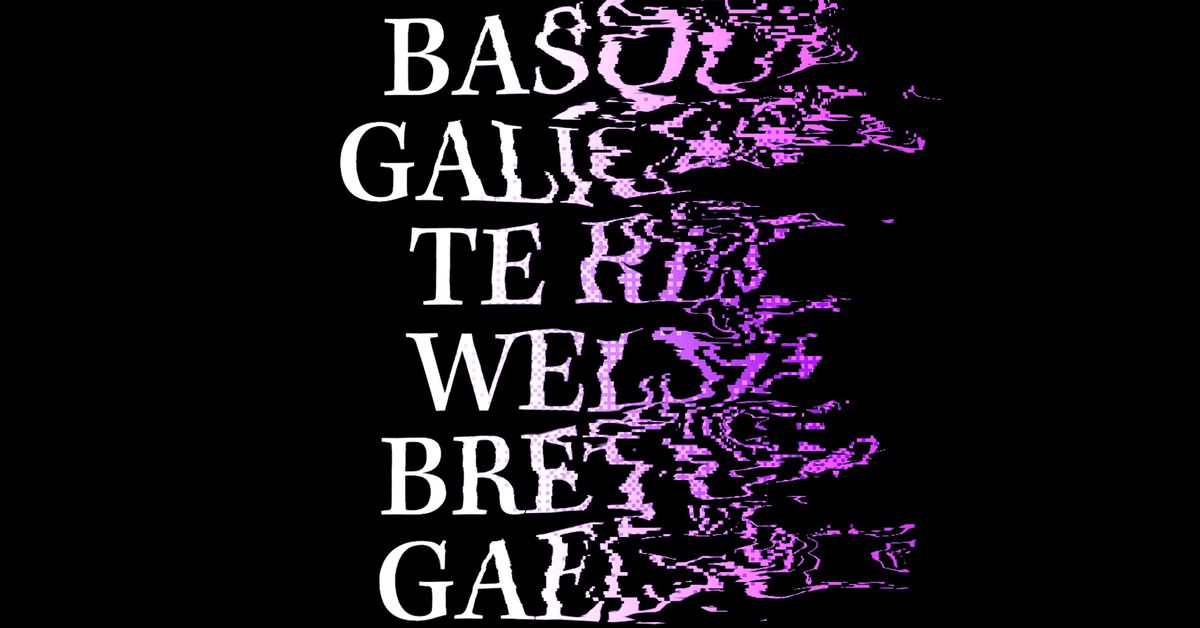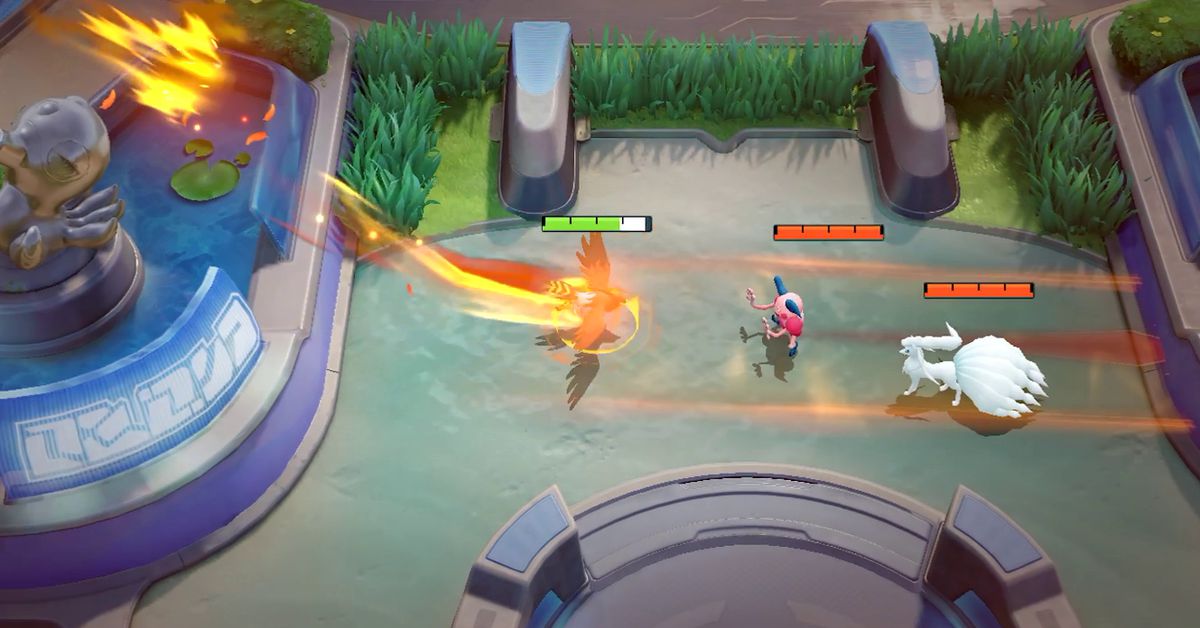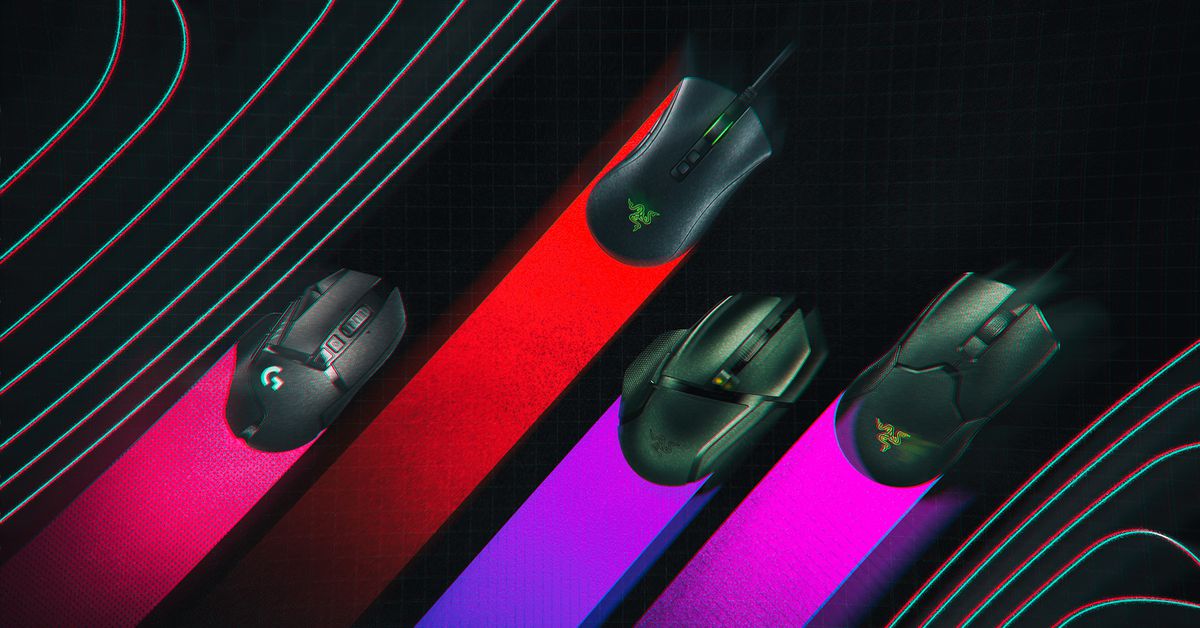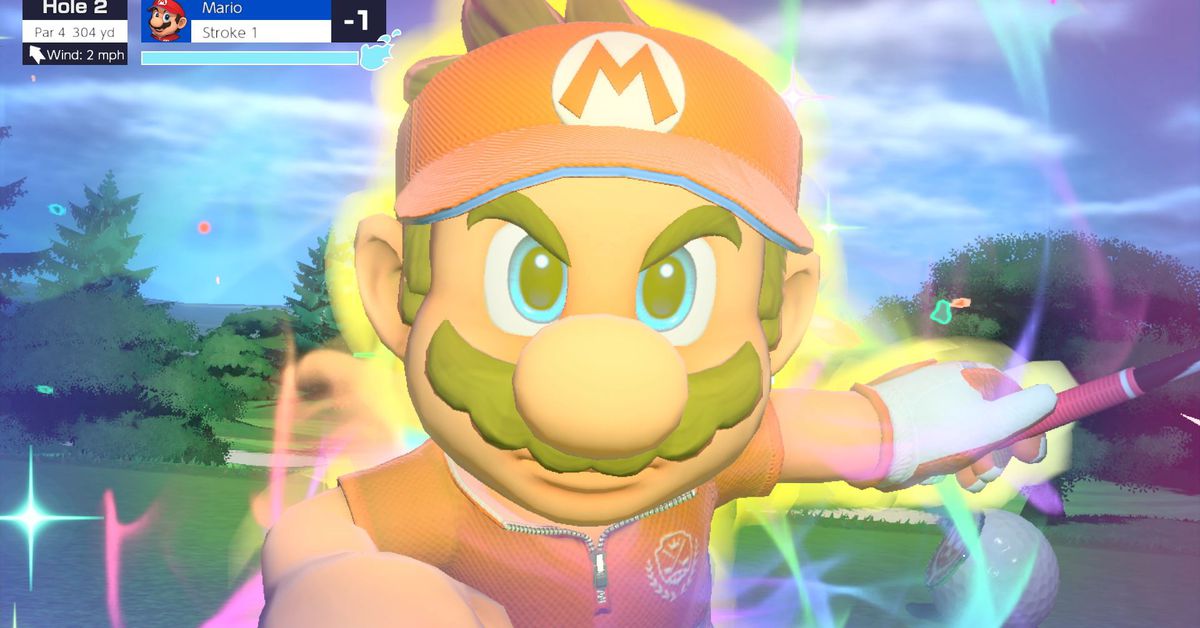Minority languages are often associated with aging rural communities, thought to have fallen out of use or confined to textbooks. Defined simply as a language spoken by less than half of the population in a country, they adapt with the times like any living language, often due to the efforts of enterprising young people.
Recently, many of these languages have found new life from an unexpected source: video game streamers.
On Twitch, streamers from around the world are showcasing indigenous languages as a form of entertainment and activism. Estimates show that we lose one language every two weeks, and half of our 7,000 languages will be extinct by the end of the century, so preserving these tongues and the cultural identities that go with them is crucial. With its easy access, potential for a huge audience, and creators’ ability to combine hobbies and language promotion, it’s easy to see why young minority language speakers have turned to Twitch.
Many minority language streamers lack an official language tag for their streams, and these creators see their content lost in the miscellany of the “Other” tag, making it hard for other speakers to find, connect with, and enjoy gaming in their own language. Good news arrived for some on May 26th when Twitch announced that it would add over 350 new stream tags, encompassing different ethnic groups and underrepresented communities. The platform was frank about how it has been slow to act on adding the tags users want. However, not all streamers received the opportunity for visibility they’d been hoping for.
Two groups who missed out were Basque and Galician streamers. Basque, which is native to the semi-autonomous Basque Country straddling southwestern France and northern Spain, is one of the oldest languages still spoken and unrelated to any other in the world. Further along the Iberian Peninsula, the Galician language is spoken by around 2.4 million people in a tiny corner of Spain.
Inspired by the success of the #CatalanLoveTwitch campaign, which saw the minority Romance language added as a streaming language tag, a group of Basque streamers launched #3000Twitz last December, a campaign to see their language achieve the same status. Despite a petition, which is by far the most voted in the Twitch User Voice forums and having now surpassed the number of votes the Catalan petition received, Basque streamers are still awaiting a response from the streaming giant.
Iruñe, who streams as arkkuso, is one of the founding members of the campaign. For her, the addition of Basque as a streaming language has broader implications for the survival and visibility of the language. “It is very important that Basque has a presence online and therefore on social networks,” she says. “Nowadays, if you’re not on the internet, you don’t exist. The same will happen very soon with languages.”
“Nowadays, if you’re not on the internet, you don’t exist”
Without the help of a tag to identify streamers, Iruñe feels that Twitch has made Basque creators invisible. As a result, the growth of the Basque streaming community has been entirely grassroots, and language activism is part and parcel of her channel. “I believe that at the end of the day, all of us who create content in Basque are [activists],” she says. “For many of us, the relationship we have with our mother tongue is fundamental for us when it comes to enjoying what we do.”
Fellow streamer and native Basque speaker Eneko found himself in a similar situation. “At first, I started streaming without knowing anyone on Twitch. And since there was no Basque language tag, I didn’t know if there were more people or if they were just very difficult to find. I hit a roadblock because I wanted to stream in Basque, but it meant not reaching anyone,” he says. The current camaraderie between Basque streamers and the popular support their campaign enjoys would have seemed like a fantasy when he first started out.
“When you meet people, it is through raids and not by randomly finding someone streaming the type of content you like. There are campaigns calling for double labeling because today, many of us speak several languages, and choosing only one (especially when one is a minority) greatly reduces your ability to reach people. In these circumstances, either you participate in the digital disappearance of your language or you remain visible only to a very small part of Twitch.”
The collective Galician Gamers got involved in a language tag petition around the same time as their Basque neighbors, with the aim of “promoting the use of Galician, not only as a home life language, but as a language for culture and entertainment as well.” Launched by “Twitch en Galego” (“Twitch in Galician”), the movement’s social media accounts announce when any Galician-speaking streamer is going live and has exploded from a small group of four or five streamers to having a Discord server with over 200 members with 58 Twitch channels registered.
Given that other less popular language petitions such as Ukrainian have now been added as official streaming languages, Iruñe is understandably frustrated. “We are going to continue creating varied content in Basque, quality content that we want to use to reach more people as we are still a small community. Likewise, we want to create channels of dialogue with Twitch, and for this, we want to work together with the Basque government as well as get Basque streamers who have lots of followers to help us achieve this.”
Adrián, who goes by Dinav in the Galician Gamers team, is equally undeterred. CRTVG, a regional TV network in Galicia, recently created a Twitch channel and invited the Galician Gamers on to discuss their cause. “Though we’ll still act independently, organising events on certain dates to generate movement on the internet and get more people to sign the request, getting the support of Galician public institutions is a path we are open to explore.”
On the other side of the world, a community of streamers of te reo Māori, the indigenous language of New Zealand, is thriving. Despite suffering a decline after the Second World War, it has been enjoying a renaissance due to revitalization efforts in recent years, including national Māori Language Week and Māori immersion schools. According to the 2018 census, 4 percent of the population speaks the language.
Twitch creator Rangiora has lived his whole life through teo reo Māori. Combining his two passions, he streams under the moniker PrideLandz, and it’s only natural that he would do so in his native tongue. “Te reo Māori is what connects me to my culture, my ancestors, my family, my environment, and helps to navigate the world I live in,” he shares. “In the last five years, I noticed I was speaking next to no Māori because I wasn’t surrounded by confident speakers. Streaming in Māori has provided a space where I can practice, share, and learn about the language more often.”
One of the most fascinating aspects of Māori streamers’ content is their incorporation of an ancestral language into modern gaming. As he lays waste to beasts on the screen superimposed behind him, Rangiora explains how game titles are translated into te reo Māori. Call of Duty is composed using the name of the Māori god of war, translating as something like “a call to arms in the realm of Tūmatauenga.”
“I feel as if people are learning something every time I stream”
His streams are open to speakers of all levels and even those just interested in learning more about the culture. “I don’t stream entirely in Māori, but I try to share some knowledge such as having Māori word of the week or Māori phrase or saying as something viewers can redeem with their channel points. Hopefully we can inspire more people to speak [the language] because I’m aware that a lot of Māori [people] aren’t confident due to colonization and the suppression in the past. I feel as if people are learning something every time I stream as we try to normalize Māori in this space.”
The community of Māori and Pacific Islander streamers on Twitch have been a huge motivator for Rangiora, so much so that he’s launched a campaign to achieve Partner status on the platform. Spurred on by support from Ngati Gaming, a Discord community of Māori streamers, the ultimate goal is to launch a Māori esports organization.
Multiplayer online gaming has been a lifeline for speakers of regional tongues to stay connected over the course of the pandemic. YnChwarae, meaning “In Play,” is a group of Welsh language streamers. Pre-COVID, they met monthly to livestream games while chatting in Welsh; for the time being, they’ve brought their club online on a weekly basis. “I feel it’s important to be able to express yourself in the language you feel most comfortable. For Welsh as a language to grow quicker, there has to be a space for people to do everything in Welsh and this includes the digital realm,” says Morgan from the group. “Gaming can be an extremely sociable activity and the majority of our streams reflect this.”
Despite a gradually increasing amount Welsh speakers over the last decade, there’s still work to be done in maintaining its survival. “A lot of the crew are not able to use Welsh in their everyday jobs, so streaming with YnChwarae gives them the opportunity to use the language meaningfully doing something they love and not forget it,” Morgan explains. “We are allowing other Welsh speakers to access Welsh language content on Twitch and be a part of our streams through communicating with us in the chat.”
Lacking in the community size of their Welsh counterparts, streamers of other Celtic languages have pioneered the use of their tongue on Twitch. Gwenn, a streamer from Brittany in the northwest of France, is the only person on Twitch who regularly streams in Breton, the traditional language of the region. As a severely endangered language, Breton faces more challenges than just visibility online. Having lost around 800,000 speakers since 1950, the language is not recognized at a national level by the French state, and so it receives little government support in media or public services.
“It’s important to be able to express yourself in the language you feel most comfortable”
“I think it is important for Breton to be everywhere Breton speakers are,” Gwenn says. “There are a lot of young Breton speakers, and they use what young people use: Discord, Twitch, TikTok, Instagram… I think it’s a good thing to grow minority language communities on those platforms.”
Like YnChwarae, the interactive aspect of Twitch is a huge draw. Although happy to help learners, Gwenn’s target audience is advanced speakers. “When I stream, the beginners can take their time to write out sentences that I will read and correct, and the people who are fluent are happy with just meeting other Breton-speaking people, which could be already rare in the pre-lockdown world and is even rarer now. That is why I usually stream chill games like GeoGuessr that allow [people] to read the chat and have subjects to talk about.”
Twitch’s addition of new tags is bittersweet. “I think it’s good for the communities that will benefit from those new tags. I wasn’t expecting Twitch to add minority languages, so I’m not really disappointed. I will follow what happens for more active language communities like Basque to see if it is something that can be achievable for Breton before trying to spend energy on this.”
Cluicheamaid, the brainchild of Scottish streamer Robbie, is an award-nominated Scots Gaelic video game streaming series including Fall Guys, Among Us, and Dark Souls III all in the ancient Scottish tongue. Classed as definitely endangered on the UNESCO Atlas of the World’s Languages in Danger, Robbie’s channel is an opportunity for speakers to use their Gaelic in a world without English subtitles. “Streaming is such a new form of entertainment, and I like giving Gaelic representation on the cutting edge,” he says.
Existing in a linguistic niche has given him a different perspective of what success on Twitch looks like. “There are fewer folk I can get watching my stream in terms of total numbers, but also I am not in competition with thousands of other video game streamers at the same time. I think when you grow up speaking a minoritised language, you have to adjust your expectations of success. Every stream that I get four or five folk all talking Gaelic in the chat feels like a massive win because that is what it is.”
“I like giving Gaelic representation on the cutting edge”
Included in Twitch’s recent launch of new tags is “Scottish,” referring streamers from Scotland as opposed to those speaking Scots Gaelic. Irish, Welsh, and Māori creators found themselves with a new national identifier for their streams. For minority language speakers who fall into these groups, the reaction in terms of linguistic visibility has been ambivalent. “Language tags would be more useful to me than nationality tags,” Robbie says. “My stream will have more in common with Irish-language streamers than most generic ‘Scottish’ streams. So I am hopeful but not expectant that the addition of the new tags is a step towards more easy identification.”
Across the sea in Ireland, Úna-Minh — or yunitex as she is known on Twitch — has brought the Irish national language to an audience of over 2,500 followers. Like Gwenn and Robbie, she is the only person regularly creating content in her language, but the main aim of her bilingual channel isn’t activism. “Ultimately, I’m using it [Irish] as I would in my everyday life, and if that inspires people to become more interested, then that’s a welcome bonus,” she explains.
She has partnered with language-learning app Duolingo to bring a little more Gaeilge to the world through her streams, be that through livestreaming Final Fantasy or painting and sketching. However, she believes that minority language Twitch creators like herself can’t be at the forefront of language revival alone. “Too many times do I see people treating people like me, fluent speakers, like their personal teachers or translators, and it’s not fair. I’m not a teacher, I’m just me. I think it’s important that communities don’t rely on one person ever to be a beacon, they need to work together to keep the language alive.”
With or without formal support from Twitch, those who stream in minority languages are doing the important work of ensuring that their mother tongue is used among young people, outside of the classroom, and within a modern context — the key ingredients for survival.
Aurélie Joubert, assistant professor of Language and Society at the University of Groningen, is all too aware of this. “The problem is that for languages to survive, they need to be considered as equal in their function and their communicative value for their own community. Language planners have realized that if kids nowadays speak more Irish, Breton, or Basque at school, it doesn’t mean that they use it in the playground. The reality is that a language needs to be perceived positively everywhere. This type of modern online interaction attracts the younger generation who needs to see and hear their minority language being used in modern online platforms.”
Across linguistic groups, one thing remains clear: minority language movements on Twitch are grassroots, community-centric, and driven by small gains. Visibility is essential for minority language creators to grow and thrive. “We sometimes see minority languages as not fit for modern technology but if they are not part of it in the first place, they cannot develop the corresponding vocabulary needed for it,” Joubert explains. “Linguists increasingly adopt a holistic approach towards language planning and that includes all modes of interaction, social media, and video gaming. It is a battle to lead on all fronts.”




